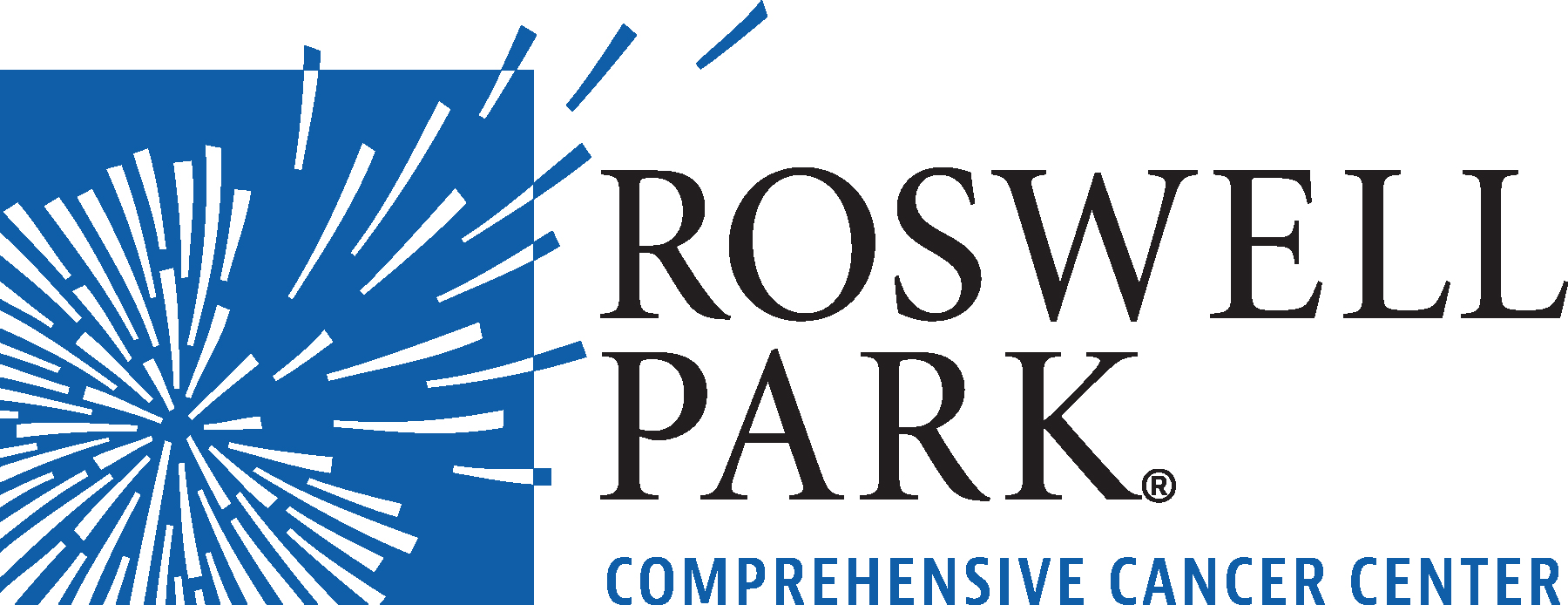Newswise — BUFFALO, N.Y. — Lay health advisors who share similar social, economic, cultural and linguistic backgrounds and values with the medically underserved groups they interact with have been shown to reduce health disparities. Looking to identify elements that can help make these advisors and the programs they support as effective as possible, researchers from Roswell Park Cancer Institute (RPCI) and Columbia University’s Mailman School of Public Health found that support from the sponsoring organization and clear role expectations are critical for the success of these lay advisors. The study is one of the largest to date involving African-American lay health advisors. The findings have been published in the journal Implementation Science.
Lay health advisors are trained peers or community members who deliver health education and support in a range of community and clinical settings to enhance access to care and improve health outcomes. The research team gathered data from 76 lay health advisors participating at eight National Witness Project sites in the Northeast, South and Midwest regions of the U.S. over an interval of 18 to 24 months. The Witness Project is an evidence-based program that has been shown to increase breast and cervical screening among African-American women.
“We investigated individual, social and organizational factors that predict activity level and retention among a community-based sample of African-American lay health advisors,” says Deborah Erwin, PhD, senior author of the study and Director of the Office of Cancer Health Disparities Research at Roswell Park. “Our findings will inform strategies to successfully recruit, train, support and sustain lay advisors in a community setting, toward the goal of improving both the sustainability and the effectiveness of these programs.”
The team collected information through telephone questionnaires administered to lay advisors and from National Witness Project assessments of the lay advisors’ level of engagement with their programs.
The researchers report that lay advisors were involved in the program for an average of 5.5 years; more than half were breast or cervical cancer survivors; and 92 percent were not paid for their work as advisors. Lay health advisors who reported a greater commitment and understanding of their role were more than five times as likely to stay with the program, and women who were in the program longer were less likely than newer recruits to stay with the program. Assignment at a National Witness Project site that had a partnership with an academic institution — which was true for 71 percent of the program sites — was the strongest and most consistent predictor of both retention and activity levels among lay health advisors.
“A notable finding from this study is that role-related and organizational factors were consistently associated with higher retention and greater activity levels among lay advisors,” adds the first author of the study, Rachel Shelton, ScD, MPH, Assistant Professor of Sociomedical Sciences at Columbia University’s Mailman School of Public Health. “Given that many of the lay health advisors were volunteers who were not paid for their participation, the rates of retention and activity levels are impressive and indicate a strong commitment to the program.”
The researchers note that because lay advisors are increasingly being enlisted in efforts to improve health and address health disparities, further research on program implementation and sustainability is critical in order to maximize their reach and impact.
The study, “Predictors of activity level and retention among African American lay health advisors (LHAs) from The National Witness Project: Implications for the implementation and sustainability of community-based LHA programs from a longitudinal study,” is available at implementationscience.biomedcentral.com.
The research was supported by a grant from the National Cancer Institute, or NCI (project no. R03CA150543).
###
About Roswell ParkThe mission of Roswell Park Cancer Institute (RPCI) is to understand, prevent and cure cancer. Founded in 1898, RPCI is one of the first cancer centers in the country to be named a National Cancer Institute-designated comprehensive cancer center and remains the only facility with this designation in Upstate New York. The Institute is a member of the prestigious National Comprehensive Cancer Network, an alliance of the nation’s leading cancer centers; maintains affiliate sites; and is a partner in national and international collaborative programs. For more information, visit www.roswellpark.org, call 1-877-ASK-RPCI (1-877-275-7724) or email [email protected]. Follow Roswell Park on Facebook and Twitter.
About Columbia University’s Mailman School of Public HealthFounded in 1922, Columbia University’s Mailman School of Public Health pursues an agenda of research, education, and service to address the critical and complex public health issues affecting New Yorkers, the nation and the world. The Mailman School is the third largest recipient of NIH grants among schools of public health. Its over 450 multi-disciplinary faculty members work in more than 100 countries around the world, addressing such issues as preventing infectious and chronic diseases, environmental health, maternal and child health, health policy, climate change & health, and public health preparedness. It is a leader in public health education with over 1,300 graduate students from more than 40 nations pursuing a variety of master’s and doctoral degree programs. The Mailman School is also home to numerous world-renowned research centers including ICAP (formerly the International Center for AIDS Care and Treatment Programs) and the Center for Infection and Immunity. For more information, please visit www.mailman.columbia.edu.
MEDIA CONTACT
Register for reporter access to contact detailsCITATIONS
Implementation Science; R03CA150543
